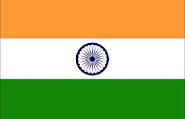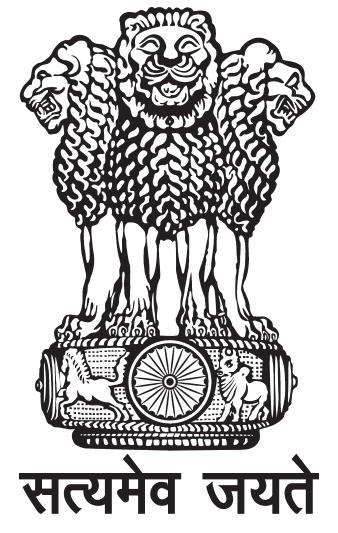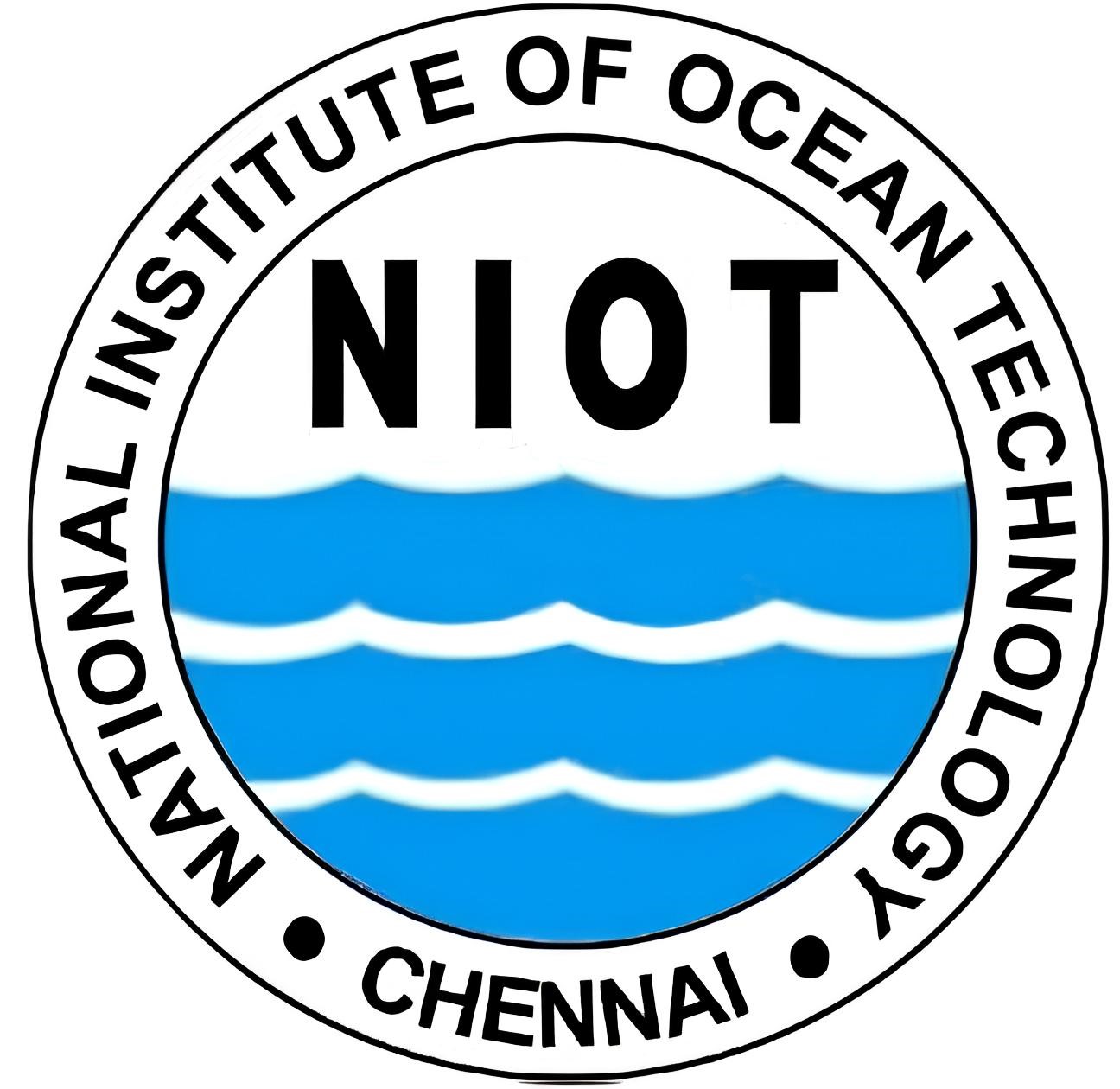MoES Sponsored M.Sc. Marine Biology Course with Pondicherry University
As the precursor of the envisioned programme, AMSOB, NIOT is entered into Memorandum of Understanding during October 2024 with Pondicherry University, under the Ministry of Education, a central University having its registered office in R. Venkat Raman Nagar, Kalapet, Pondicherry – 605 014. The M. Sc. Marine Biology course is being conducted by Pondicherry University at the Department of Ocean Studies and Marine Biology (DOSMB) at Port Blair Campus, Andaman and Nicobar Islands, and is being sponsored to attain the above objectives. Since, recent developments in marine biology have been driven by technological advancements, increased environmental awareness, and the growing urgency to address challenges such as climate change and biodiversity loss. The Deep Sea Mission primarily aim to establish international collaborations to explore, study, and potentially exploit resources in the deep sea. These missions often involve advanced technological capabilities, interdisciplinary research teams, and long-term objectives to expand scientific knowledge and address environmental, economic, and geopolitical interests. In this regard, the existing M.Sc. Marine Biology program required transition and integration of recent advances include,
- Remote Sensing and GIS: Improvements in satellite technology and geographic information systems (GIS) have enhanced our ability to monitor and map marine ecosystems, track changes in sea surface temperature, and identify marine habitats.
- DNA Sequencing and Metagenomics: Advances in DNA sequencing techniques and metagenomics have revolutionized our understanding of marine biodiversity, allowing for discovering new species and studying microbial communities in marine environments.
- Autonomous Underwater Vehicles (AUVs): AUVs equipped with sensors and cameras are being used to explore deep-sea environments and conduct surveys of marine organisms with minimal human intervention.
- Plastic Pollution and Microplastics: Increasing concern and research focus on the impacts of plastic pollution and microplastics on marine organisms, ecosystems, and human health, prompting efforts to reduce plastic waste and improve waste management practices.
- Marine Biotechnology: Exploration of marine organisms for biotechnological applications, such as pharmaceuticals, biomaterials, and biofuels, leveraging unique biochemical properties and genetic resources found in marine biodiversity.
While these advanced studies are not integrated in the present courses, it is intended to provide short term trainings in the above subject areas. Further these areas will include in the course curriculum. These developments highlight the interdisciplinary nature of contemporary marine biology, where collaborations across scientific disciplines, technological innovations, and conservation efforts are essential for addressing the complex challenges facing our oceans. Both teaching and research in marine biology contribute significantly to our understanding of marine ecosystems and the conservation of marine biodiversity. It's a dynamic field where technological advancements and interdisciplinary collaboration are crucial for addressing current and emerging challenges facing our oceans. This programme is intended to advance the marine biology curricula and teaching modules with the support of MoES Deep Ocean Mission programme V6 - Advanced Marine Station for Ocean Biology executed through National Institute of Ocean Technology, Chennai.
The selection process for the M.Sc program will follow the university’s admission procedures, which include an All India entrance examination. The examination consists of multiple objective types questions designed to assess the student’s fundamental knowledge of basic life sciences.
As prescribed in the University Prospects - a recognized Bachelor’s degree in Biotechnology / Microbiology / Biochemistry / Zoology / Botany / Fisheries/ Aquaculture /and other courses of Life Science from an Institution which is recognized under Section 2(f) or Section 3 of UGC Act, 1956 or is authorized to award specified degrees as per section 22(1) of the UGC Act.
-
Coordinator
- Prof. (Dr.) R. Mohanraju,
Department of Ocean Studies & Marine Biology,
Andaman Campus, Pondicherry University, Sri Vijaya Puram (Port Blair).
-
Co-coordinator
- Dr. T. Ganesh
Assistant Professor,
Dept. of Ocean Studies & Marine Biology,
Andaman Campus, Pondicherry University, Sri Vijaya Puram (Port Blair). - Prof. Dr. Joseph Selvin,
Director,
Research and Development Cell,
Pondicherry University as a MoU Co-ordinator of MoES/NIOT has been nominated to coordinate the implementation of all NIOT-PU Programmes.
|
M.Sc. Marine Biology (Department of Ocean Studies and Marine Biology, Pondicherry University, Sri Vijaya Puram (Port Blair) Campus, Andaman and Nicobar Islands) |
|||
|
Year |
Semester |
Course Name |
Remarks |
|
Year -1 |
Semester - I |
Physical Oceanography |
Compulsory courses |
|
Chemical Oceanography |
|||
|
Biological Oceanography |
|||
|
Marine Ecology |
|||
|
Lab – I – Physical and Chemical Oceanography |
|||
|
Lab – II – Biological Oceanography and Marine Ecology |
|||
|
Semester II |
Marine Invertebrates |
||
|
Marine Microbiology |
|||
|
Physiology and Biochemistry |
|||
|
Marine Fisheries |
|||
|
Lab – III – Marine Invertebrates & Marine Ecology |
|||
|
Lab IV – Physiology and Biochemistry & Marine fisheries |
|||
|
Year II |
Semester III |
Molecular Genetics |
|
|
Aquaculture |
|||
|
Marine Vertebrates |
|||
|
Lab-V- Molecular Genetics & Aquaculture |
|||
|
Soft core - 1 |
|||
|
Semester IV |
Ocean policies and management |
||
|
Marine Biotechnology |
|||
|
Marine Pollution |
|||
|
Project - Dissertation |
|||
|
Soft Core subjects |
Students can select one of the soft core according to their preferences. |
||
|
Benthic Ecology |
|||
|
Marine Environmental Impact Assessment |
|||
|
Marine Ornamental Fishes |
|||
|
Marine Zooplankton Ecology |
|||
|
Marine Biodiversity and conservation |
|||
|
Marine organisms’ documentation and Submission |
|||
|
Conservation and Management of Mangrove and corals |
|||


